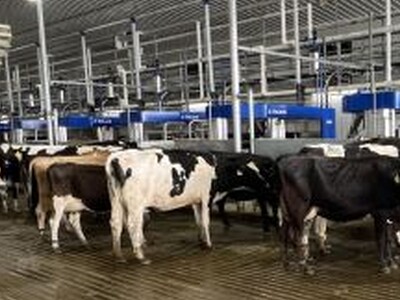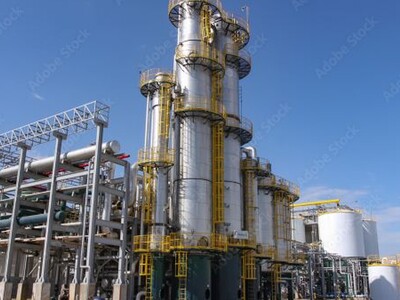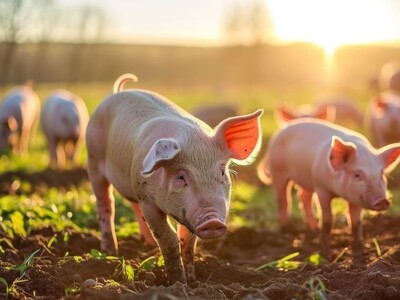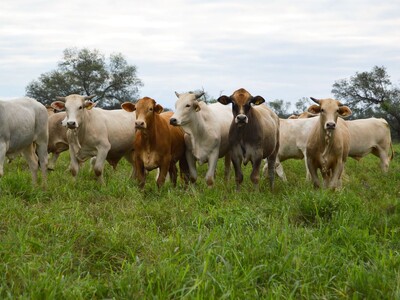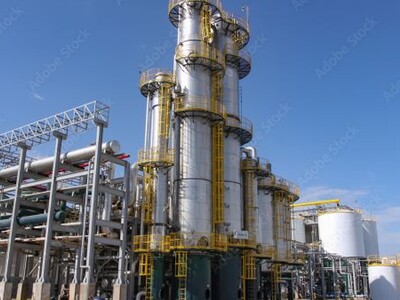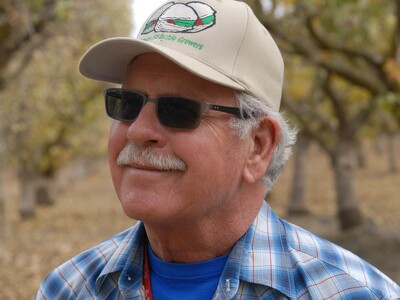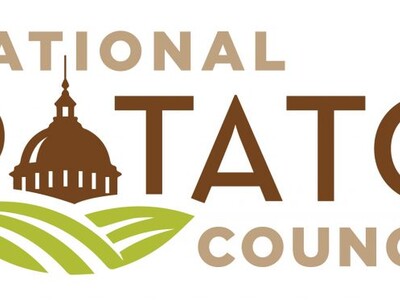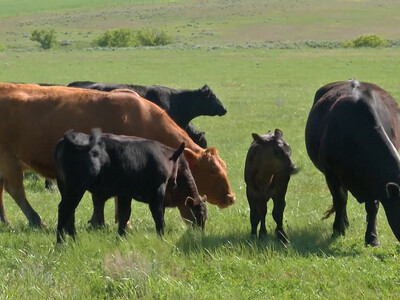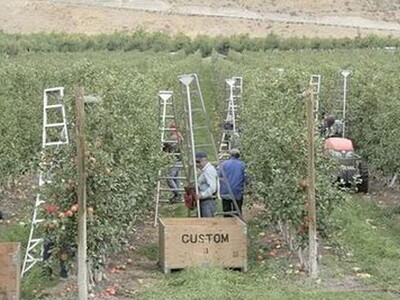DNA Sequencing
Researchers at Colorado State University are investigating the weighty topic of antibiotic resistance – an issue with ramifications for global food safety and public health – by tracking the genetic footprints of drug-resistant bacteria. The scientists hope to gain a much better understanding of the role of production agriculture in antimicrobial resistance. It often is assumed that providing antibiotics in feed rations for livestock contributes to drug-resistant germs, but the practice also has a protective effect, Belk said.CSU veterinarian and infectious-disease expert Dr. Paul Morley: Using DNA sequencing technology, we will trace genes that cause resistance in bacteria. This will allow us to determine sources and paths, including whether and how antimicrobial-resistant bugs move from livestock to humans.
The cost of advanced genetic-sequencing technology has dropped dramatically in the past decade, allowing researchers to conduct more thorough examinations of the hundreds of millions of bacteria that can be found in a single sample of cow feces, for instance.
We will compare antimicrobial resistance in traditional and organic processes, and in different environments, to identify what resistant genes are present and how they are transferred. We also want to learn whether different production methods affect abundance of antimicrobial resistance."




